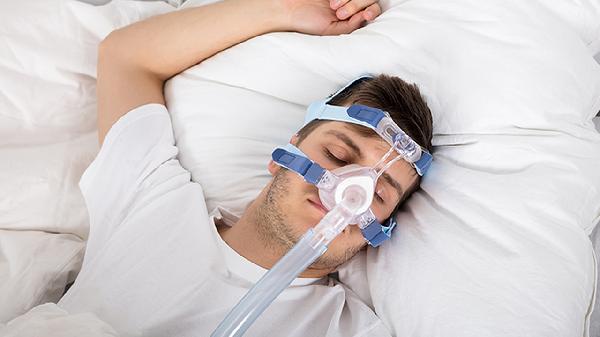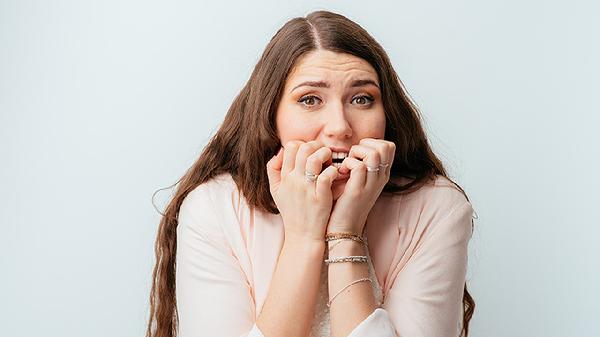Sleep is the best way for the brain to relax and an effective channel to alleviate physical fatigue. When feeling tired, choosing to sleep and waking up afterward brings a sense of comfort from within. It can be said that sleep is of great significance to human health, but this can also lead to a misconception that since sleep is important, the longer one sleeps, the more rest one gains, and the more beneficial it is to health. So, is it really the case that the longer one sleeps, the better?

When it comes to sleep duration, it’s not true that the longer one sleeps, the better. Both excessive and insufficient sleep can cause harm to the brain and body. Currently, most people believe that eight hours of sleep is sufficient. Professor Zhou Borong, Chief Physician of the Department of Psychiatry at the Third Affiliated Hospital of Guangzhou Medical University, previously stated in an interview with Family Doctor Online that sleep is crucial to human health, but it’s not the case that the longer one sleeps, the better. Sometimes, too much sleep can even make one feel lethargic. The amount of sleep each person needs daily varies and is related to factors such as personality, work environment, health condition, labor intensity, sleep habits, and diet. Overall, 5% of people only need six hours or less of sleep daily, while another 5% require ten hours or more. Most people, however, need seven to eight hours of sleep per day.
During sleep, the quality of sleep also plays a very important role, as those with poor sleep quality may not actually achieve sufficient sleep even if they sleep for seven or eight hours. Therefore, improving sleep quality is also crucial. Regarding how to improve sleep quality, Professor Zhou Borong offers the following five suggestions:
1. Maintain regular physical exercise in daily life, but avoid exercising within three to four hours before bedtime. It’s best to exercise between 4 to 6 PM, as this can help deepen sleep.
2. Develop a habit of waking up at a fixed time and avoid engaging in activities unrelated to sleep in bed, such as watching TV, eating, playing with your phone, listening to the radio, or reading. It’s best to go to bed only when you feel sleepy. If you can’t fall asleep within 15 minutes of going to bed, you should get up.
3. If possible, or for those who are prone to insomnia, you can establish a sleep ritual, such as listening to soft music, taking a hot bath, or reading before sleep.
4. Avoid substances like caffeine, alcohol, and nicotine before sleep. A small amount of food before bed can aid sleep, but eating too much can activate the digestive system and interfere with sleep. Therefore, eat less before bed and avoid consuming too many fluids or water at night, as this can lead to increased nocturia and difficulty falling back asleep after waking up.
5. During sleep, avoid noise, light, or excessively high temperatures. It’s best to adjust your sleep environment, including temperature, humidity, light, noise, and bed, to the optimal state—that is, the state in which you feel most comfortable.
























